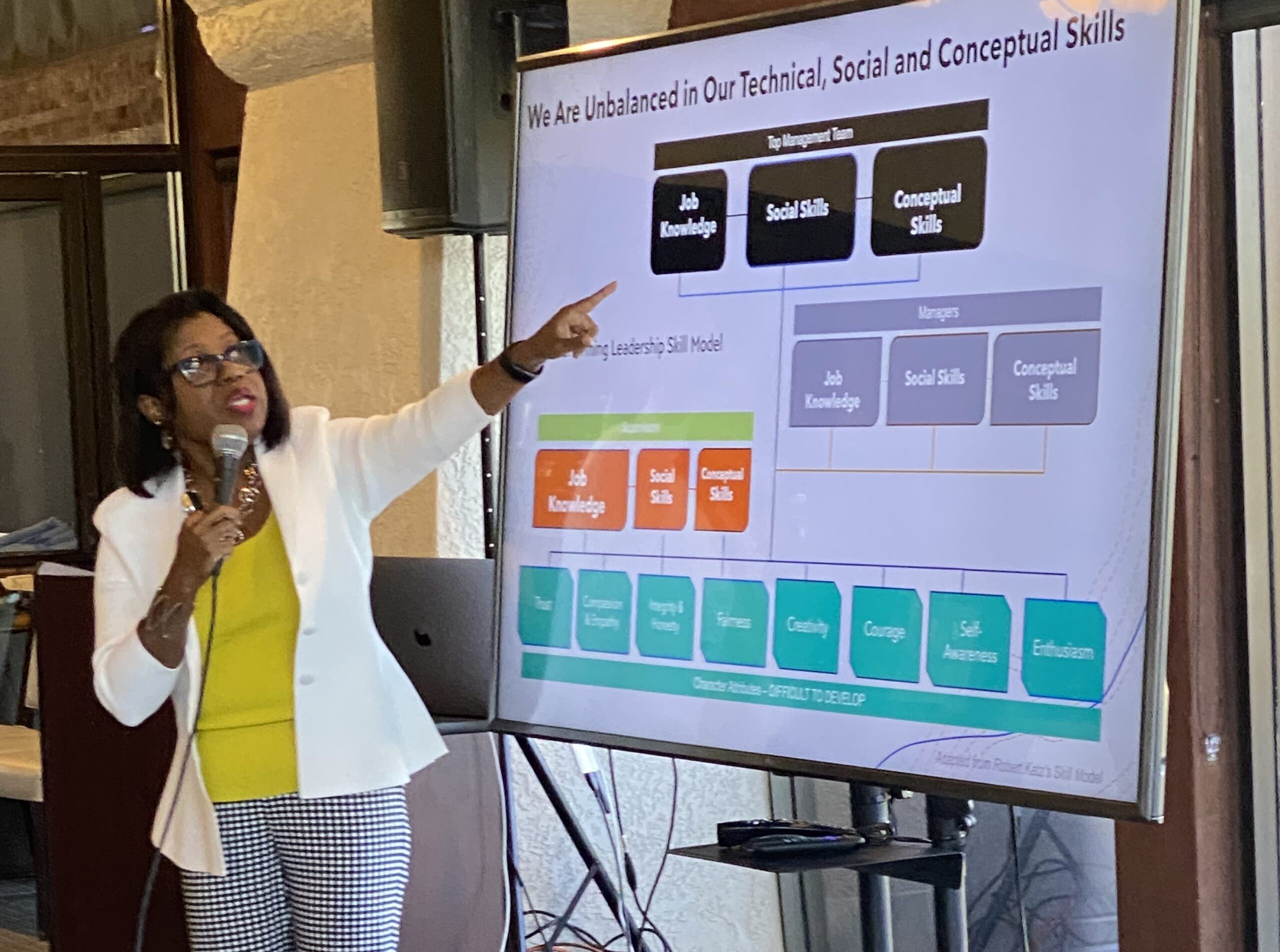When I work with clients, sometimes it’s not until they find themselves knee-deep in poop. Someone else’s, and they are looking for a way out. What started as a luscious field of green ended up as an inescapable pile of brown manure. It smells awful, and it’s all over them. It’s sticky and stinky, and now they are associated with the look, the feel, and the smell of it. Naturally, they look for a way out. But should they?
Take, for example, one executive who found himself within an organization that had several challenges: a board that regularly stepped into the weeds, overly entitled staff (at all levels), community leaders accustomed to getting favors based on their internal relationships, and an underdeveloped leadership team. Slowly, he began cleaning up the mess. When he hit the brick wall of community leaders, he called me and said, “Hey, I want out. This is way too messy for me.” He had seemingly run out of energy, and the stink of the mess was overwhelming.
Our natural instinct when we encounter poop is to get rid of it. Think of it this way: you’re in a bad relationship – you get rid of it. Your friend lets you down – you get rid of them. Your boss is an idiot, so like the others, you get rid of them by complaining or leaving. We’ve become a nation of excavators instead of producers. We are so willing to get rid of things that appear to no longer serve us that we miss an opportunity to cultivate fresh ideas from fresh perspectives. Manure can stimulate growth and bring new life, but you must take time to work it. But how?
Curiosity.
Turn the negative, smelly situation into one of curiosity; dig in to discover what’s possible. We all know of famous people who’ve overcome some smelly situations. For example, Steve Harvey and Jim Carrey both endured homelessness. Victor Frankl, imprisoned in a concentration camp, lost his wife and family to the camp’s deplorable conditions. And consider Chris Gardner, who, before becoming a self-made millionaire, found himself in the poop of an abusive stepfather and then homeless while raising his young son. These and many more found the shovel of curiosity that motivated them to a better condition. They visualized something better as their loadstar to escape their messy situations, and so can you.
My client realized that of all his challenges, the complexity of the community leader issue was the least familiar. He hit the spot where any relatable prior experience did not fully and completely apply. He was at the end of himself. So he got help navigating the situation, including identifying what was possible for his brand and reputation, his organization, the board, and his team. By reframing the situation, he positioned it as something to be achieved rather than a threat of failure.
When you find yourself in your next poopy situation, don’t give up. Instead, ask yourself, “What’s possible here?”
Pam



